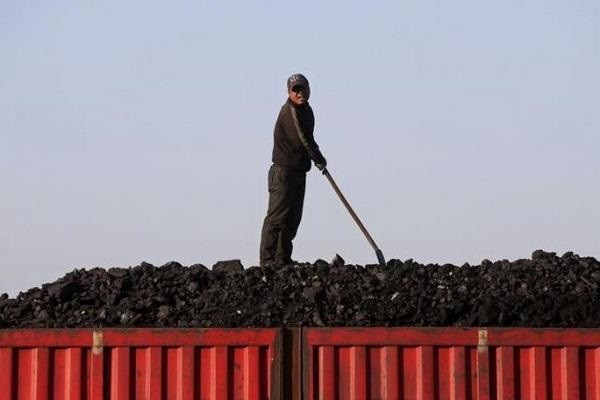China is sure it can continuously raise coal consumption and production while doing a significant reduction in its emissions.
To ensure pollution is controlled, "ultra-low emissions" technology is already a must in all-new Chinese coal power plants and is also getting included in mine zone regulations' improvement.
According to the government, by the end of 2018, 80% of the total coal-fired power capacity has an "ultra-low emissions" equipment, at 810 GW.
China also promised "the highest possible ambition" next year when it reviews the country's climate change pledges.
China aims to bring increasing non-fossil fuels in the country's energy mix to 20% by the end of the next decade.
Cutting coal use, in the long run, is part of China's climate, energy, and environmental goals.
However, a government agency recommends setting a cap on coal use in its 2021-2025 plan.
Still, construction of new coal mines increased in 2019 as Beijing sees coal consumption rising in the coming years even if it has measures on greenhouse gas emissions and smog.
The approval of 141 million tons of new annual coal production given from January to June is a drastic increase from the 25 million tons last year.
China made sure these newly approved mines are in the coal production "bases. " These bases include Xinjiang, Shaanxi, Mongolia, and Shanxi.
Senior energy analyst with Greenpeace, Lauri Myllyvirta is alarmed with "China's energy planning" that "seems to be driving at roughly maintaining current levels of coal output" which he says is difficult to accept considering "the goal of the Paris agreement (on climate change)."
He also stressed that since gas and oil consumption is "still increasing" then "coal use should start falling again."
China State Grid Corporation last month announced that total coal-fired capacity would peak at 1,230-1,350 gigawatts (GW). This is an increase of about 200-300 GW.
Likewise, a study published earlier this year also suggested China's climate, energy, and environmental targets would still allow another 290 GW of coal-fired capacity in the coming years.
Michelle Manook, chief executive of the World Coal Association, an industry lobby group, understands China's stand saying coal is still an important element in the world's change to cleaner energy. The focus, she said should be on lowering emissions rather than banning coal.
It's not about changing "from any one source of energy" but it's about moving to cleaner energy." And with" investment," coal will play "a significant role" she added.






